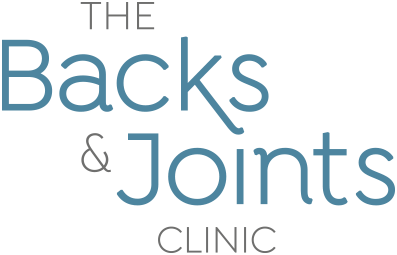Running - Our tips for your success
During the last year, people have turned to different exercises to keep themselves motivated and healthy, and deal with all of the restrictions we have been facing.
Top of the list for popularity is running. When we talk to clients they say they do it to:
Get fit
Clear their head
Socialise - running in the park and so on
Do something that's easy and low cost
However, running can easily cause injuries - commonly feet, ankles and knees, but closely followed by hips and the spine. The majority of these injuries are caused by overloading the supportive tissues, muscles, tendons, ligaments and fascia. Not only should you look after these areas and work on strengthening and supporting them, but it's also very important to choose good footwear while running.
We liken it to a car - that needs an engine tray, struts and an undercarriage to support the engine and body. Your body is no different - good strength and mobility will absorb the shock and forces of running.
Whilst most runners focus on their lower body, they forget the importance of their core strength. This is vital for stabilising the body and supporting it through any repetitive stress. That stress isn't only running - the postural stress of sitting at a desk is just as bad. We recommend you combine running with yoga or Pilates sessions to build up your core.
In the clinic we see serious athletes and recreational runners. Whilst this is often when you are in pain or injured, we actively encourage you to come in when something isn't "quite right". Poor compensation patterns or imbalances are often the prelude to direct injuries, so it is good to deal with any "little niggles" early on. These niggles are often triggered by getting back into running after time off, increasing distances, or accelerating the frequency too quickly.Whilst this is not the definitive guide for hardened serious runners, these tips apply to anybody who has taken up a new regime or changed their exercise choices. Looking after yourself by eating a good healthy diet (energy in effects energy out!), getting a good amount of sleep and allowing your body time to rest and recover is very important too.
In summary our tips are:
Balance your running with core stability training
Remember your form and include good posture when running and deal with any niggles early on
Follow a training schedule that builds distance and speed in a logical way such as the Couch to 5K - NHS Couch to 5K. If you are more serious there are plenty of more ambitious running programmes available online
And remember...
If you need us, please call the clinic and we will be happy to advise you.
Please call us on 01256 466 266.

